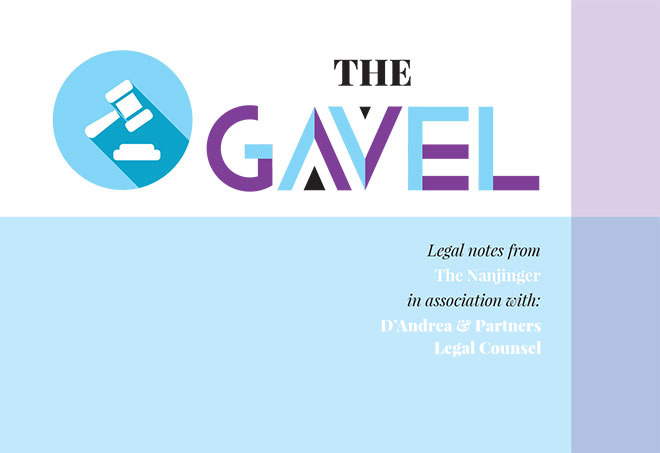From a historical perspective, the main function of “surname” is to “separate marriage”, that is, to distinguish blood relationship. In China, the progress and development of society has resulted in the legislation of surnames also changing accordingly.
Mainland China
On the mainland, the concept of surname can be traced back to the matriarchal clan period of primitive society. In those days, only the identity of a child’s mother was known, the father not. The “surname” was born in the patriarchal clan society. With the increasing scale, parts of the population were divided in order to facilitate management. Therefore, “branches” were generated on the basis of surname.
As the sun set on the Qing Dynasty, especially after the rise of the New Culture Movement, the complex names of the ancients, as a symbol of feudal culture, gradually disappeared down the long river of history. After the founding of PRC, the Marriage Law of 1950 was promulgated. Therein, Article 11 of Chapter III clearly stipulates that husband and wife have the right to use their own surnames and first names. Since then, women have been encouraged to keep their own surname in overthrow to the previous situation.
Taiwan
Article 1000 of the Family Code of the Civil Law of 1929 promulgated by the National Government in Nanjing stipulates, “The wife shall be preceded by the husband’s surname, and the redundant husband shall be preceded by the wife’s surname with his own surname, unless otherwise stipulated by the parties”. The principle is to take the husband’s surname as the principle and the absence of the husband’s surname as the exception.
However, in real life, except for the fashions of the upper class, ordinary people take the exception as the principle and most women do not take the husband’s surname. In 1998, the Article was amended thus; “Each husband and wife shall keep their own surname. However, they may agree in writing that their own surname shall be preceded by the spouse’s surname and registered with the household administration authority”. For the younger generation in Taiwan, whether to take the husband’s surname or not depends more on the free choice of both husband and wife.
Hong Kong
When it comes to Hong Kong, the proportion of married women in Hong Kong’s political and business circles with their husband’s surname is higher than in other industries; for example, Fuzhen Chenfeng (Margaret Chan), the first Chinese Director General of the World Health Organisation; and Yuee Linzheng (Carrie Lam), the first female Chief Executive of Hong Kong.
Prior to 1971, there were no special marriage regulations for Chinese people in Hong Kong. They jointly regulated marriage in accordance with the laws and regulations of the Qing Dynasty, Chinese traditional customs and the British legal system.
Under British customary law, the right of name is an important part of the personal relationship between husband and wife. Affected by this, Hong Kong women should adopt their husband’s surname after marriage, or precede their own surname with their husband’s surname. After the death of her husband, the widow can still use her husband’s surname.
As for those civil servants in Hong Kong, the permanent pension terms for those who do not take their husband’s surname or precede their own surname with their husband’s surname become temporary. Therefore, in order to win recognition, promotion and their own pension, women in politics have tended to precede their own surname with their husband’s.
Since 1971 however, Hong Kong has successively promulgated the laws and regulations which effectively protect women’s rights in marriage, education, inheritance and land inheritance, childbirth, employment and taxation. They no longer need their husband’s surname.
Macao
Over in Macao, the situation of women taking their husband’s surname is similar to that in Taiwan and Hong Kong, according to the relevant laws and regulations that have developed over time and the colonial culture left by Portugal in Macao.
With changes in laws and concepts as to surnames confirming women’s increasing awareness of choices and rights, in the final analysis, diverse options for women in society is not to provoke gender opposition, but to liberate more forces to promote social progress beyond stereotyped ideas.


